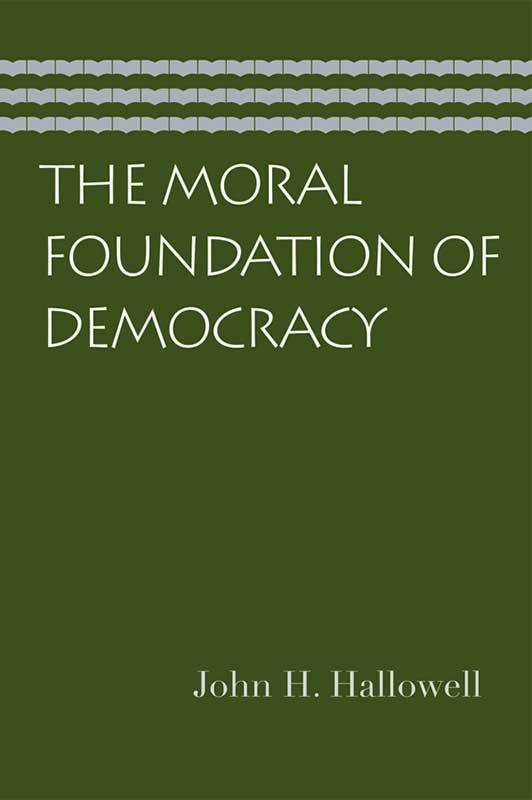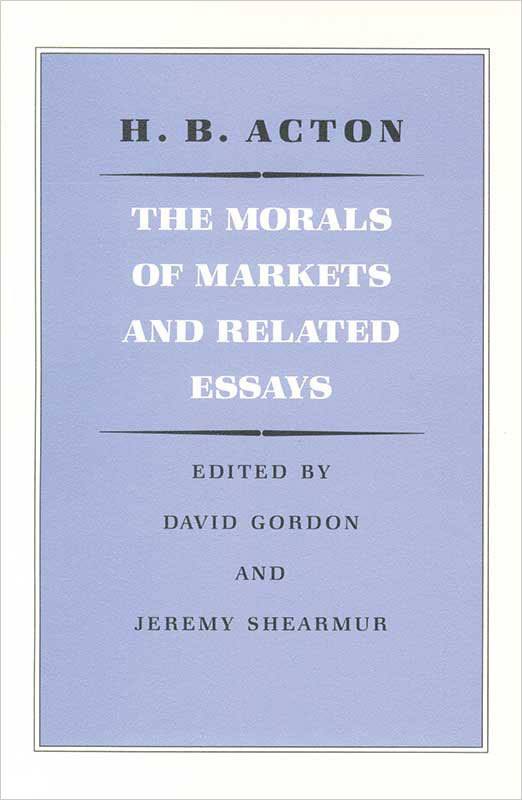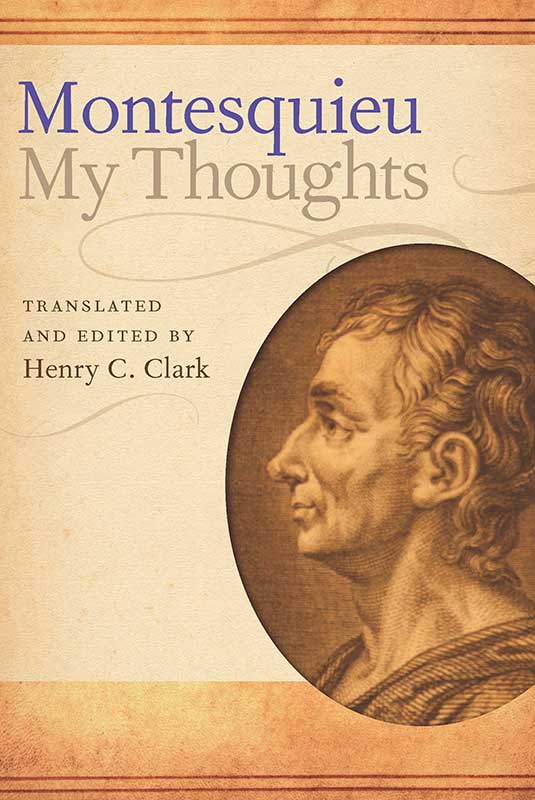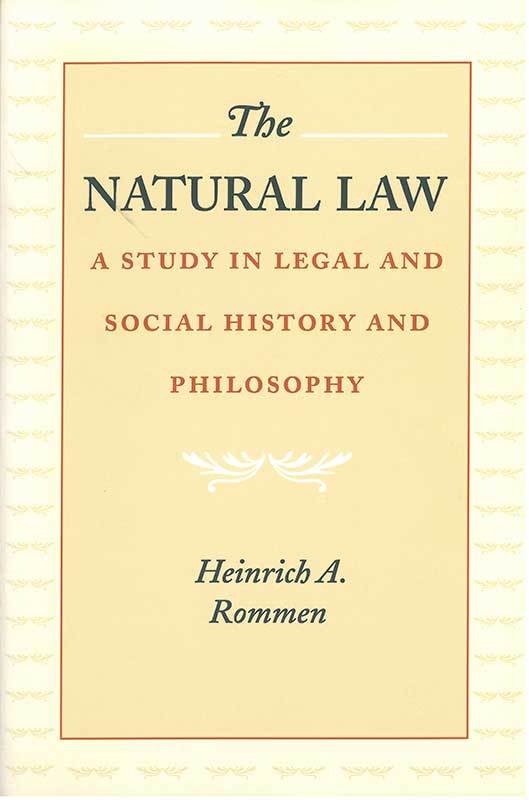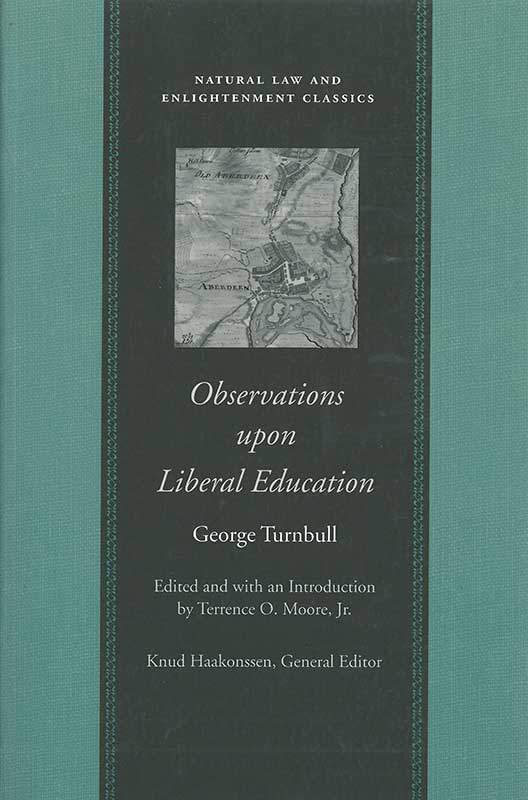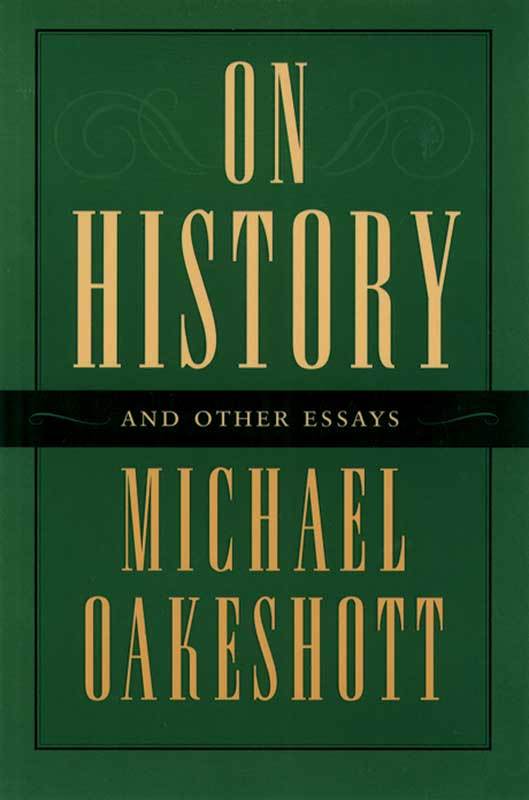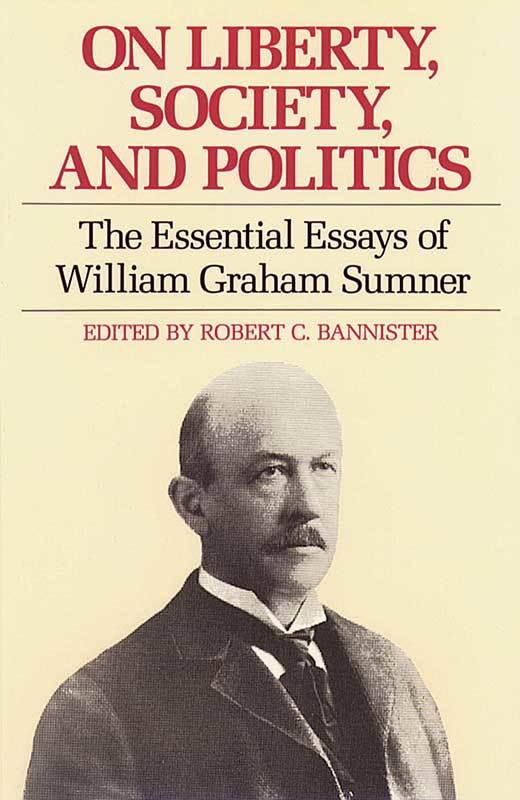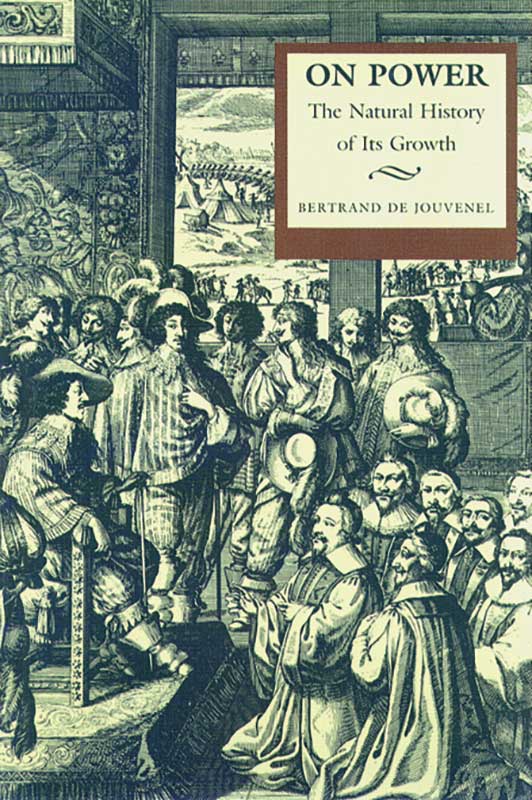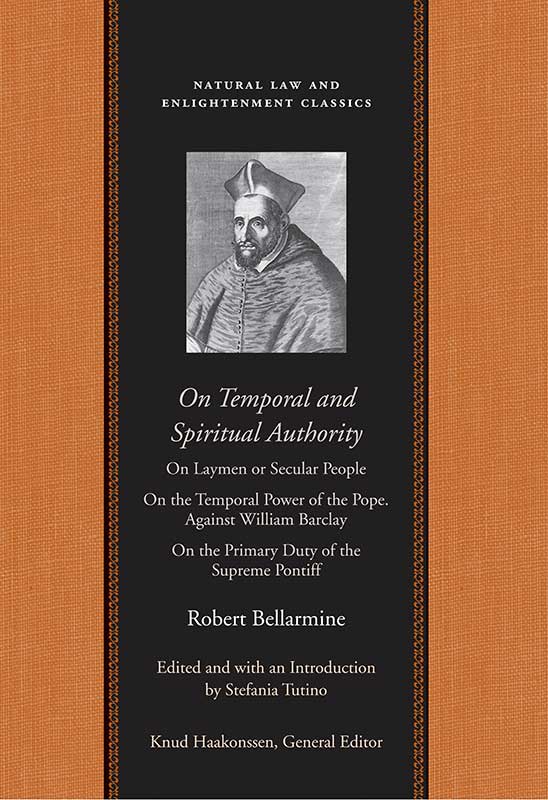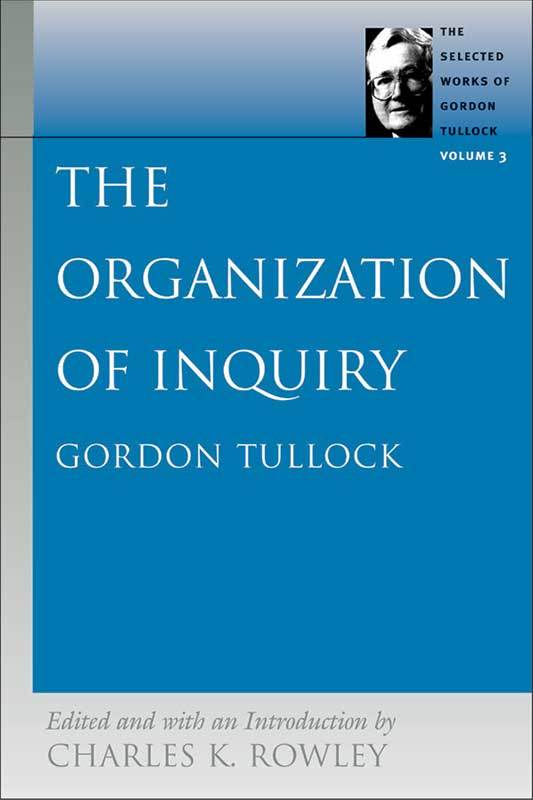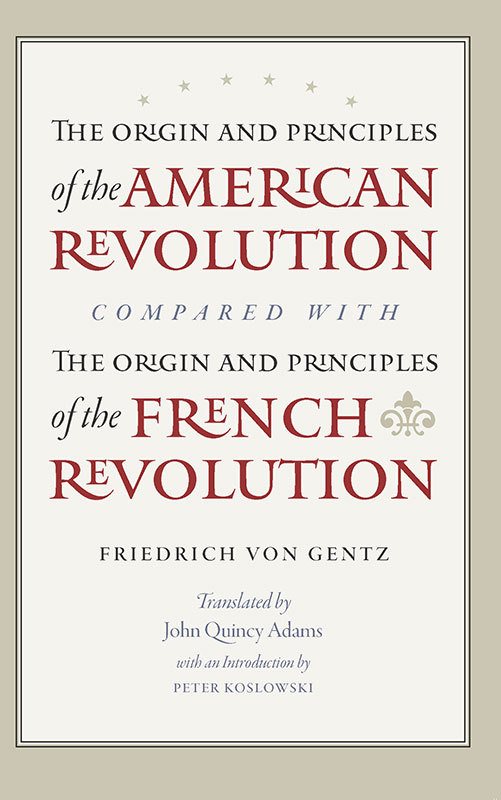For Students
-
Money, Method, and the Market Process
by Ludwig von Mises
/ Learn MoreAfter Ludwig von Mises’s death in 1973, his wife, Margit von Mises, went through his unpublished and out-of-print essays and selected twenty-one of the essays for publication. The result was Money, Method, and the Market Process, published in 1990 by Kluwer Academic Publishers and the Ludwig von Mises Institute and reissued now by Liberty Fund. In his introduction to the…
-
The Moral Foundation of Democracy
by John H. Hallowell
/ Learn MoreWith The Moral Foundation of Democracy, John H. Hallowell makes a significant argument in favor of the importance of moral values in the orderly functioning of modern democracies. Hallowell argues that developments in recent democratic thought have eroded the very “faith” upon which democracy rests, namely, that man is a reasonable, moral, and spiritual actor. He sharply criticizes positivist thought…
-
The Morals of Markets and Related Essays
by H. B. Acton
/ Learn MoreAlthough the market economy is not as unpopular now as when Acton wrote The Morals of Markets, the morality of buying and selling has long bothered man’s conscience. Defenses of capitalism often establish its efficiency or rely on a “that is the way human nature is anyway” argument. This book asserts that a free market is a necessary condition for…
-
My Thoughts
by Charles-Louis de Secondat Montesquieu
/ Learn MoreMy Thoughts provides a unique window into the mind of one of the undisputed pioneers of modern thought, the author of the 1748 classic, The Spirit of the Laws. From the publication in 1721 of his first masterpiece, Persian Letters, until his death in 1755, Montesquieu maintained notebooks in which he wrote and dictated ideas on a wide variety of…
-
The Natural Law
by Heinrich A. Rommen
/ Learn MoreOriginally published in German in 1936, The Natural Law is the first work to clarify the differences between traditional natural law as represented in the writings of Cicero, Aquinas, and Hooker and the revolutionary doctrines of natural rights espoused by Hobbes, Locke, and Rousseau. Heinrich A. Rommen (1897–1967) taught in Germany and England before concluding his distinguished scholarly career at…
-
Observations upon Liberal Education
by George Turnbull
/ Learn MoreOriginally published in 1742, Observations upon Liberal Education is a significant contribution to the Scottish Enlightenment and the moral-sense school of Scottish philosophy. In Observations, Turnbull applies the ideas of the Scottish Enlightenment to the education of youth. He shows how a liberal education fosters true “inward liberty” and moral strength and thus prepares us for responsible and happy lives…
-
On History and Other Essays
by Michael Oakeshott
/ Learn MoreIn five essays, including three on historiography, one of the greatest minds in English political thought in the twentieth century explores themes central to the human experience: the nature of history, the rule of law, and the quest for power that is intrinsic to the human condition. Michael Oakeshott believed, as Timothy Fuller observes, that “the historian’s effort to understand…
-
On Liberty, Society, and Politics
by William Graham Sumner
/ Learn MoreWilliam Graham Sumner is the “forgotten man” of American intellectual history. Too often dismissed or only superficially understood, his interpretations are now attracting closer scrutiny and appreciation. He is remembered chiefly as one of the founding fathers of sociology. Sumner’s analysis of the relation between the individual and society is deeper and more sophisticated than is commonly thought. For students…
-
On Power
by Bertrand de Jouvenel
/ Learn MoreDocumenting the process by which government and controlling majorities have grown increasingly powerful and tyrannical, Bertrand de Jouvenel demonstrates how democracies have failed to limit the powers of government. Jouvenel traces this development to the days of royal absolutism, which established large administrative bureaucracies and thus laid the foundation of the modern omnipotent state. Bertrand de Jouvenel was an author…
-
On Temporal and Spiritual Authority
by Robert Bellarmine
/ Learn MoreRobert Bellarmine was one of the most original and influential political theorists of his time. His writings present coherent definitions of the nature and aim of temporal authority and its relationship to spiritual authority. This fresh translation will be interesting to a wide readership of both scholars of political thought and the educated general public. Robert Bellarmine (1542–1621) was a…
-
The Organization of Inquiry
by Gordon Tullock
/ Learn MoreThe Organization of Inquiry, the third volume in Liberty Fund’s The Selected Works of Gordon Tullock, was originally published by Duke University Press in 1966. This is a treatise by one of the most stalwart practitioners of the scientific method in political economy—Gordon Tullock. Charles K. Rowley, Duncan Black Professor of Economics at George Mason University, writes in his introduction…
-
The Origin and Principles of the American Revolution, Compared with the Origin and Principles of the French Revolution
by Friedrich Gentz
/ Learn MoreThe Origin and Principles of the American Revolution is perhaps one of the most important books written on the American Revolution by a European author. It is an original study of the subject by a conservative, objective German observer who acknowledges the legitimacy of the American Revolution, but also asserts at the same time that it was not a revolution…
Promotions
Stayed tuned for future promotions!


